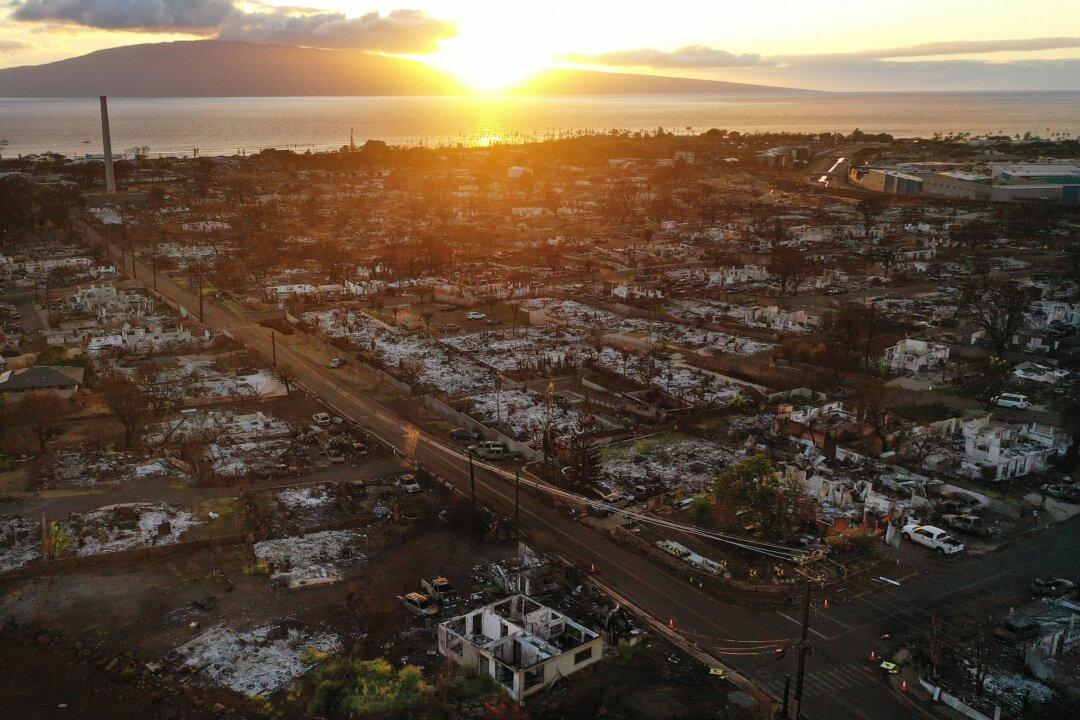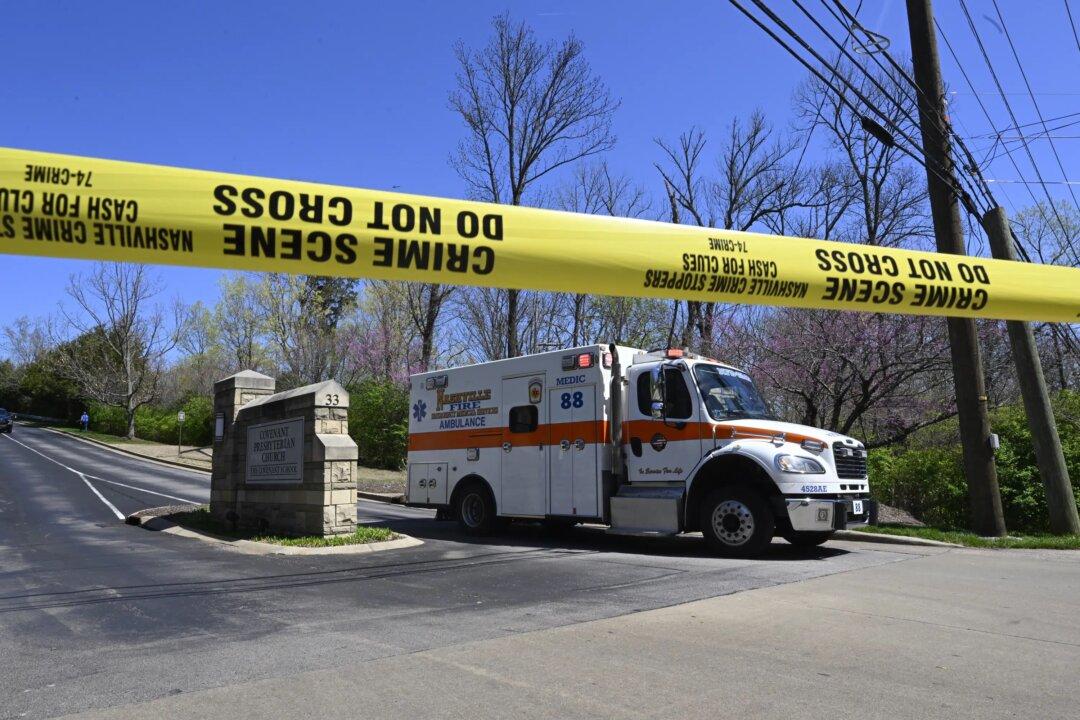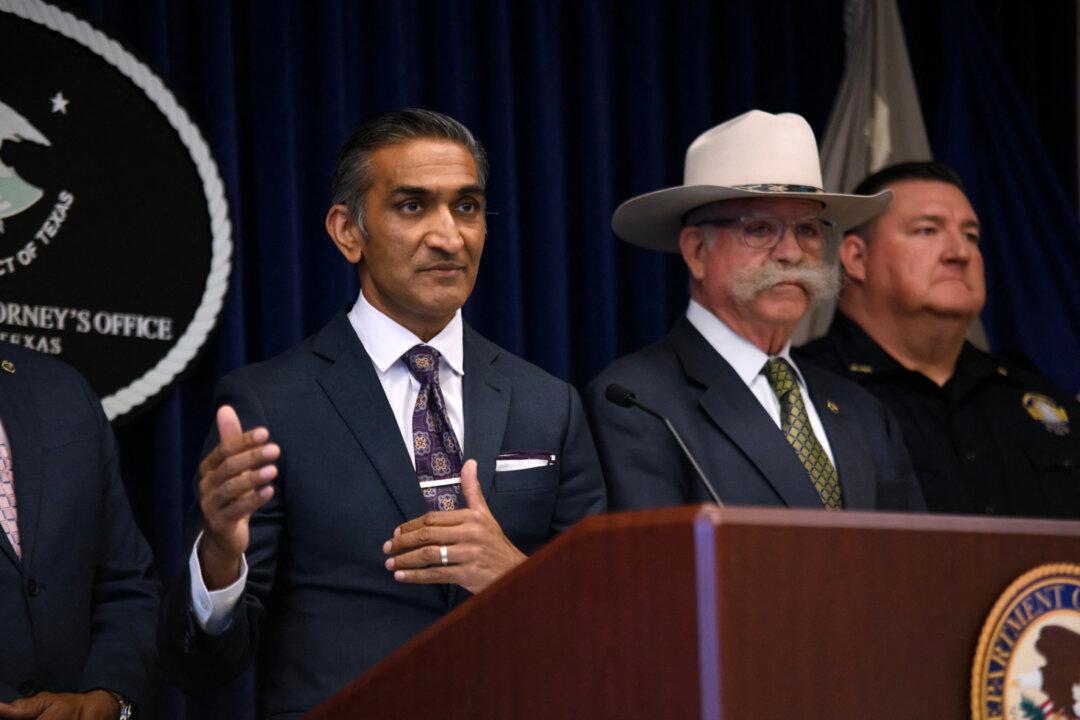In the wake of tragedy, Maui is at an important economic crossroads that could decide the fate of many of its long-held businesses only three months after wildfires ravaged the Hawaiian island.
Kim Ball, a business owner and member of the mayor’s five-person Lahaina advisory committee, told The Epoch Times that while many in the media have moved on, Maui continues to be in the midst of both a personal and financial crisis.





